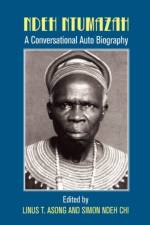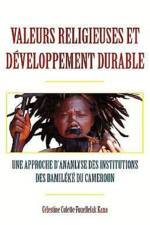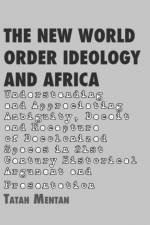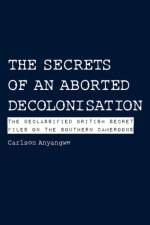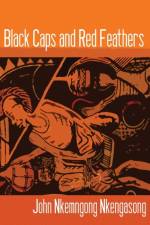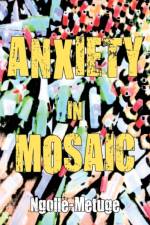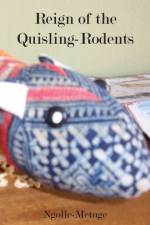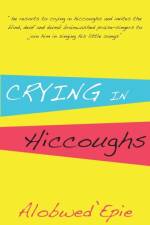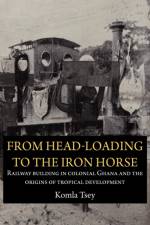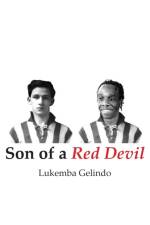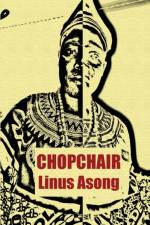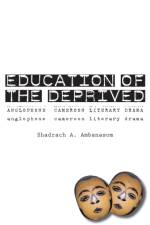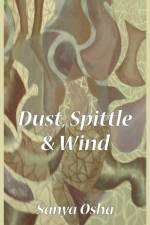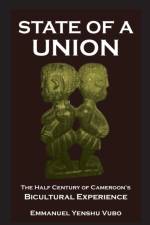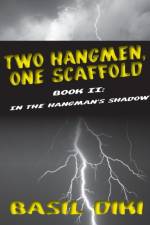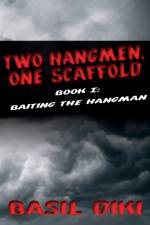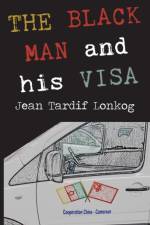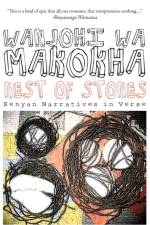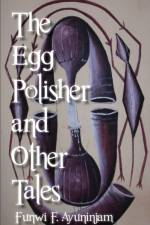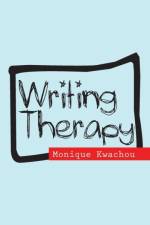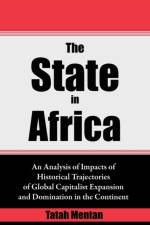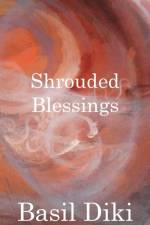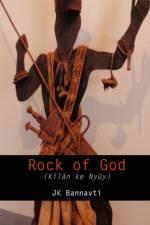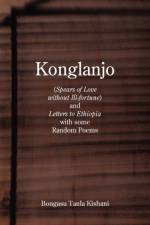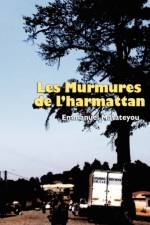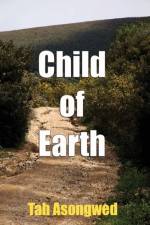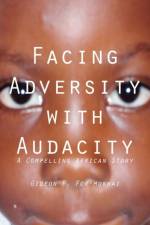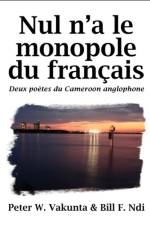av Funwi F. Ayuninjam
415,-
This collection represents, in substance and style, folk tradition in the North-West Region of Cameroon. Contained herein is a sampling of various human emotions, parental concerns, and societal conflicts: emotional insecurity, deceit, obstinacy, power and control, trickery, malevolence, greed, jealousy, and more. The stylistic representation is reflected in the double writing, as shown by the dialogues, the songs, and the use of choruses. These tales are ageless, placeless, and, therefore, anonymous; yet they are also the collective wisdom of a people who are supposed once to have walked the planet and communed with other animals and non-animals on the same terms. That is how humans, animals, vegetation, water, and hills/mountains are equally animate and have linguistic expression for their thoughts and sentiments. Folktales served primarily as entertainment, and also as a convenient way of teaching history and culture, and they invariably promoted good listening and speaking skills in the vernacular language as children learned to model the rhetorical patterns of their adult folklorists - with children taking turns night after night till they had gone full circle and then started recounting the same tales over. While the morale of some of the tales is obvious, that of other tales is not; and that, again, is typical both of the traditional mind set and of the educational backdrop of storytelling.

